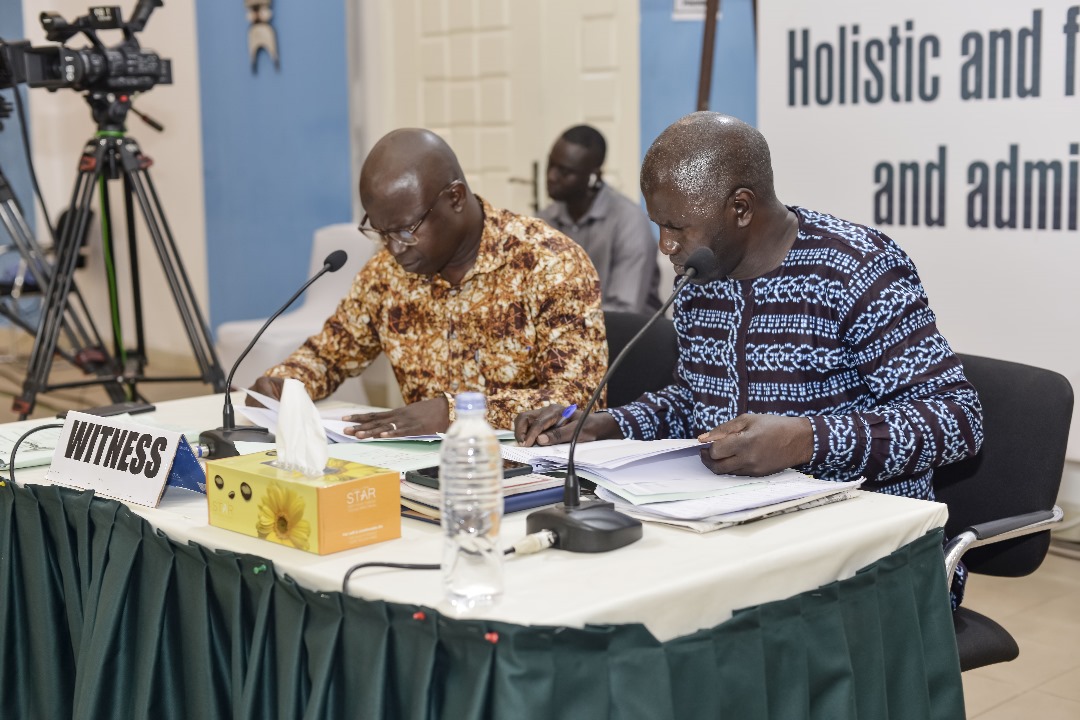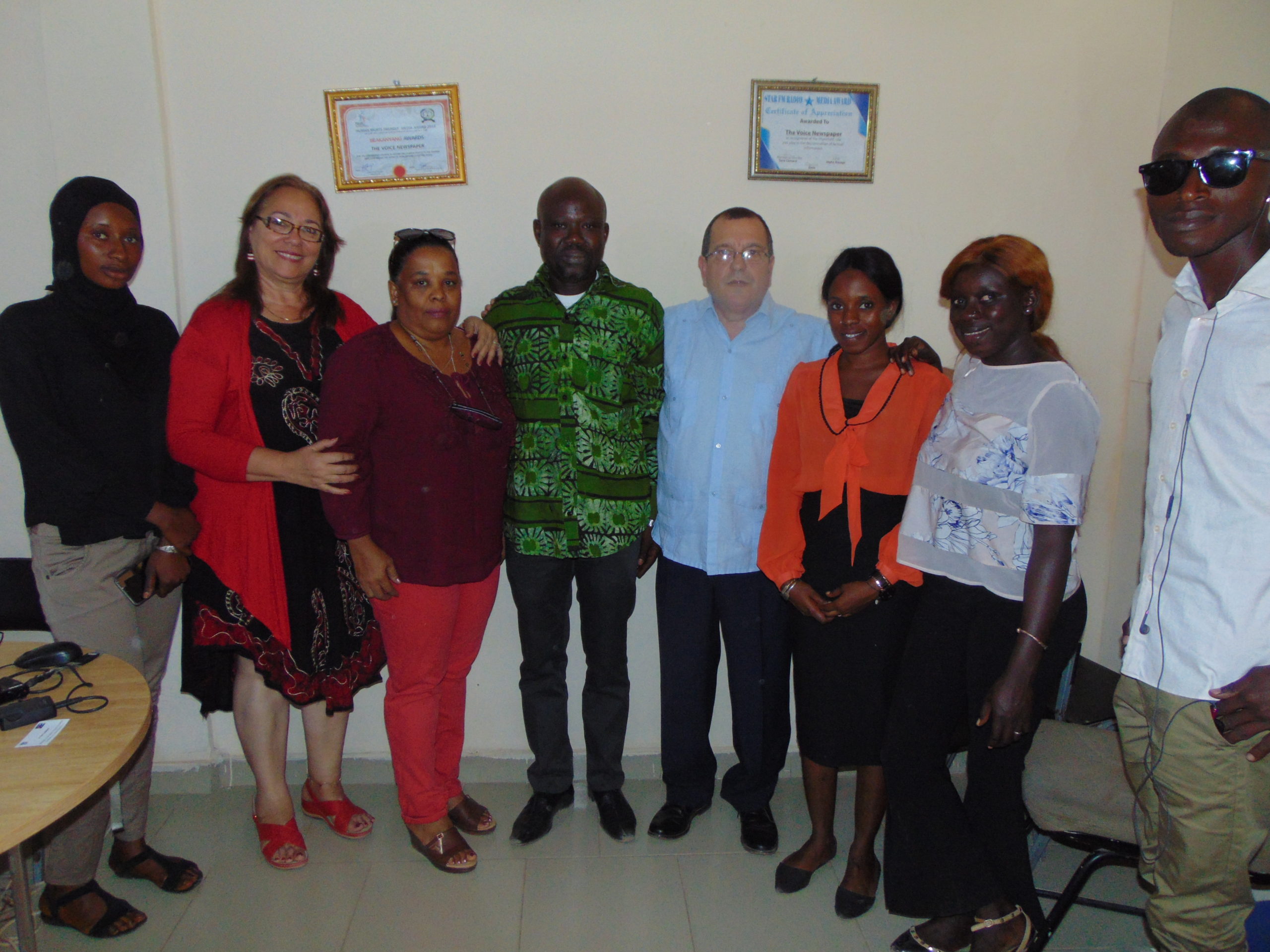By Mariama Njie
The Gambia Press Union (GPU) has mapped out seven media laws to government for reform describing them as disturbing provisions that are not in line with international norms and democracy.
The union’s call comes as it celebrated World Press Freedom held under the banner ‘Information as a Public Good’, but GPU has chosen a local theme: ‘Safety of Journalists is Imperative for Credibility of Elections’.
The laws include Information and Communications Act of 2009, Criminal Code of 1933, Indemnity Act of 2001, GRTS Act of 2004, Telegraph Stations Act of 1990, Officials Secrets Act of 1922 and Newspaper and Broadcasting Stations Act of 1944.
Speaking at a news conference marking World Press Freedom Day celebration, President of Gambia Press Union, Sheriff Bojang Jnr said: “all these laws are recommended for review because they have problematic and disturbing provisions that are not in line with international norms, standards and democracy.”
According to him, one of the reasons the country is still stuck in this situation is because of the unfriendly environment and legislations against the media.
“We wish to remind the government that it is the responsibility of the state to guarantee journalists’ safety and combat impunity and enable the media to carry out its work independently and without interference,” he said.
Meanwhile, he added that: “in commemoration of this World Press Freedom Day, we wish to pay tribute to the fallen heroes of the Gambian media.” Noting that, “these are those who sacrificed their lives and livelihoods for the freedom and development of Gambian media in particular, and an inclusive and democratic Gambia based on respect for human rights and dignity.”
He advised journalists that “no story is worth your life.’ Sharpen your sense of security in order not to fall easy prey to violent attacks.
He said series of training have been outlined, ahead of the election including First Aid training for reporters, safety training, and election reporting, adding that “Media-Security dialogue and training of security officers on safety of journalists is also coming up.”
We will have an interface with political party leaders, and information kits on safety of journalists will also be produced, he said.
Meanwhile, Cherno Jallow, retired Veteran Journalist also urged journalists to always go with the ethical code of conduct.
“I have been talking about ethics for a very long time not because of anything but ethics represent our value system, because any institution that is loses its value will die a natural death and what are these values, they are human values you put people first not material first,” he added.




